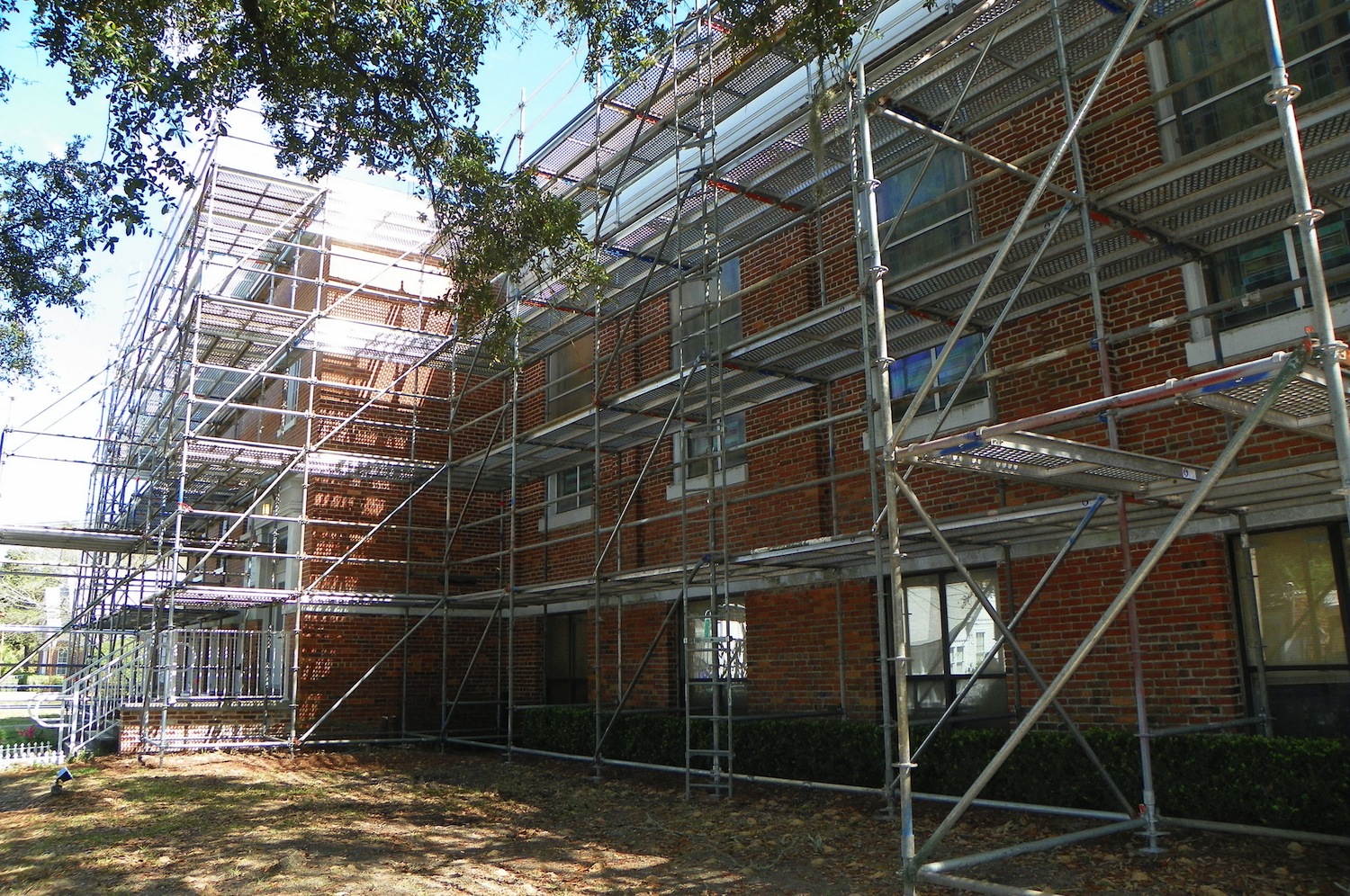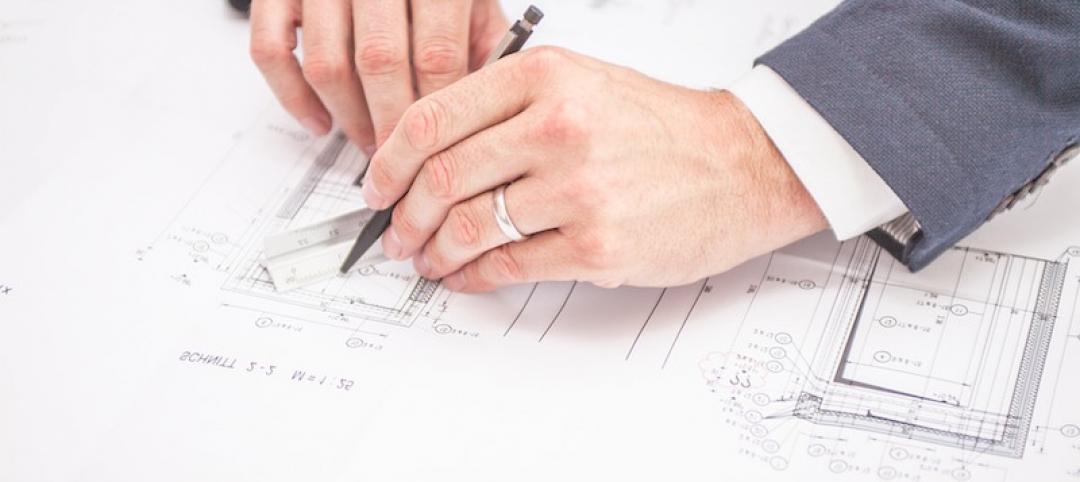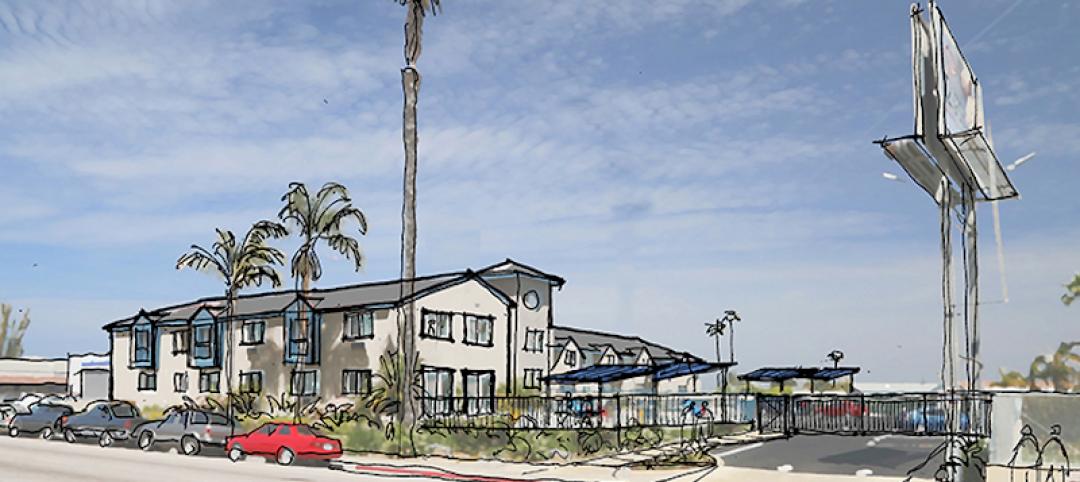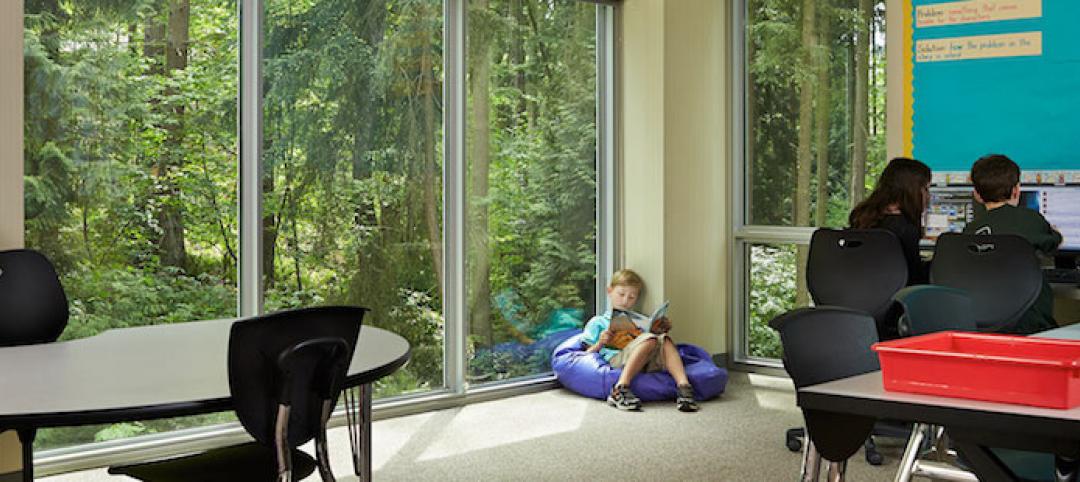There has been increasing levels of demand for design services for nearly all construction project types for the majority of the year as revealed in the Architecture Billings Index (ABI). As an economic indicator of construction activity, the ABI reflects the approximate nine to twelve month lead time between architecture billings and construction spending.
The American Institute of Architects (AIA) reported the October ABI score was 53.1, down slightly from the mark of 53.7 in the previous month. This score still reflects an increase in design services (any score above 50 indicates an increase in billings). The new projects inquiry index was 58.5, down from a reading of 61.0 the previous month.
“Allowing for the possibility of occasional and minor backsliding, we expect healthy business conditions for the design and construction industry to persist moving into next year,” said AIA Chief Economist Kermit Baker, Hon. AIA, PhD. “One area of note is that the multi-family project sector has come around the last two months after trending down for the better part of the year.”
Key October ABI highlights:
- Regional averages: South (56.2), West (54.4), Midwest (52.6), Northeast (49.2)
- Sector index breakdown: commercial / industrial (55.1), mixed practice (54.9), multi-family residential (52.5), institutional (51.4)
- Project inquiries index: 58.5
- Design contracts index: 51.7
The regional and sector categories are calculated as a 3-month moving average, whereas the national index, design contracts and inquiries are monthly numbers.
Related Stories
Architects | Apr 10, 2018
HOK names a physician as its new Chief Medical Officer
Dr. Andrew Ibrahim will collaborate with the firm’s medical planning and design teams.
Architects | Apr 5, 2018
AIA grants $100,000 to four Upjohn Research Initiative projects
The purpose of the grant is to provide base funds for applied research projects that will advance the design profession’s knowledge and practice.
Architects | Apr 5, 2018
Tech Report 5.0: The Human Touch
Can studying humans at a behavioral level produce better buildings? Cognitive architecture experts are working to find out.
Architects | Apr 4, 2018
How to acquire speaking engagements and hone your skills
So, you understand the benefits, but how do you actually get started with speaking engagements?
Architects | Apr 4, 2018
8 things to consider before using digital media to communicate with employees
The Marlin Company, a visual communications and digital signage provider, published a guide that outlines eight basic questions, along with some advice, about workplace digital signage.
Education Facilities | Mar 30, 2018
How can we design safer schools in the age of active shooters?
How can we balance the need for additional security with design principles that foster a more nurturing next-generation learning environment for students?
Architects | Mar 26, 2018
Designing for homeless facilities: Critical spaces to consider
The City of San Diego is home to the fourth largest homeless population in the U.S.
Education Facilities | Mar 23, 2018
An introvert's oasis: How to create learning environments for all student types
In order to understand why a school day can be so grueling for an introverted student, it’s important to know what it means to be introverted, writes NAC Architecture’s Emily Spiller.
Architects | Mar 22, 2018
The benefits and nuances of integrated design
Achieving integrated design usually means operating under a strong relationship.
Architects | Mar 14, 2018
Becoming nature: The building design evolution meets the living building revolution
With the environmental movement, sustainability became a marker of innovation in design for the built environment.
















